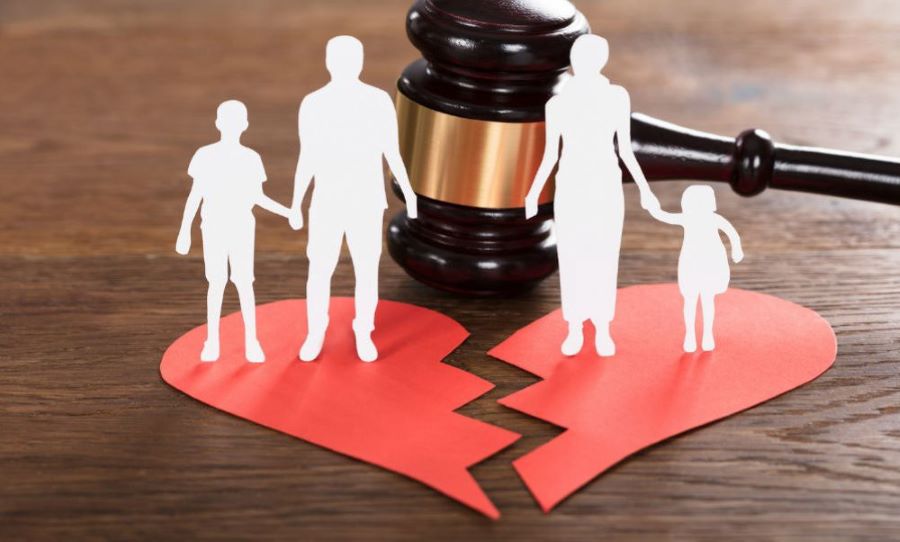(609) 737-3030
The Shock of Divorce

The Shock of Divorce
Learn what shocks children and how to help your children accept the news of your divorce.
No Warning
Perhaps the first cause of children's emotional reactions to divorce is that they are ill-prepared for the news that their parents are separating.
Many children get no warning that their family is falling apart. Parents rarely discuss with their children the problems in their marriage or the possibility of separating before the event occurs. Perhaps they believe they are "protecting" the children; perhaps they are just too involved in their difficulties to think about how the separation will affect their youngsters. Whatever their reasoning, or lack of it, parents typically spring the news on their children as they head out the door.
In one study, all the parents had trouble telling their children, and one-third of the children didna know about the divorce beforehand; in another study, half of the children were told within a week of the separation(one-fifth, on the day of the separation). Other research shows that as many as one-fifth of the children were not even told about the marital breakup. Many parents who were in a divorce adjustment program in which they were encouraged to talk to their children about what was happening found this too difficult and painful. They did not know what to say, and they typically believed that the children were too young to be told even when their children were adolescents. Children, unprepared for their parents' announcement, are stunned. They fear for their futures. They are not able to take their parents' perspective and admit that separation might be a good idea.
No Explanation
Besides breaking the news of their impending separation suddenly, parents often give children inadequate explanations when they do talk to them. They do not explain how the marriage has fallen apart, how they are going to survive, or what will happen next. They are especially unlikely to give explanations to younger children. This leaves the children unsure and afraid, just when they most need reassurance and information. They don't understand the divorce or why it is happening; they feel unsafe and confused.
In general, children believe that divorce is bad and that it results in enduring emotional and behavioral problems for children. They have negative stereotypes of children from divorced families: these children are "less fun to play with," "less smart," "less good," and "less likely to be a friend." Some children also believe that it is the child's fault that the parents divorced. In one study, one-third of the third and fifth-graders who read vignettes about divorced families thought that the children had caused the divorce because the parents didn't want children, or the child did things wrong so the parents got mad and took it out on each other, or the parents couldn't stand the child so they got a divorce. According to parents in another study, one-fifth of the children blamed themselves for the divorce. Not surprisingly, then, when children are told that their parents are getting a divorce, they oppose it strongly. The lack of preparation and negative expectation make the transition to the post-divorce family difficult. Children have more problems if they are confused about the separation if their parents have kept them in the dark about the deteriorating state of their marriage, if they see no obvious reasons for the divorce, or if they fear abandonment. Not knowing why events occur is related to higher psychological symptoms in children in general.
Categories





